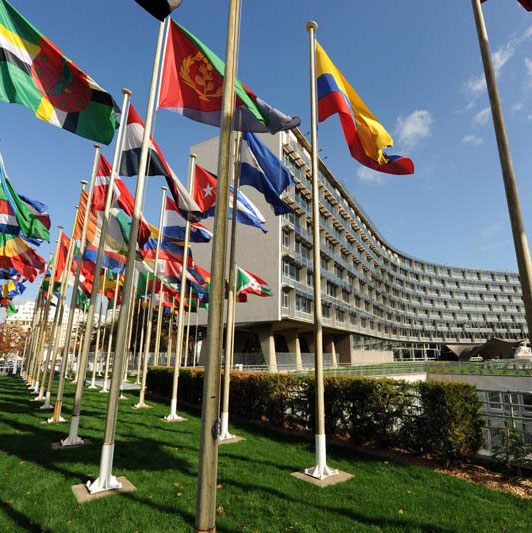UNESCO-Pearson selects hearScreen™ as a case study
The call for case studies was made in January and 130 applications from 60 countries around the world were received and reviewed based on a set of criteria. Fourteen finalists were selected to be part of the UNESCO-Pearson Initiative for Literacy: Improved Livelihoods in a Digital World. UNESCO has worked with each finalist to develop its case study, which will be published on the UNESCO website. The first batch of case studies will be presented at International Literacy Day (ILD) on 8 September 2017. ILD is attended by 120 representatives from government, civil society, academia and business, and will provide excellent exposure for our product.
The UNESCO-Pearson initiative will develop specific guidelines based on the 14 case studies and a trends analysis. The guidelines will be used by digital solution providers, technical and financial partners and governments to illustrate how inclusive digital technology can enable low-skilled or low-literate people in the achievement of the Sustainable Development Goals (SDGs), and contribute to closing the global literacy gap by 2030.
The collaboration between UNESCO and Pearson is part of the Project Literacy movement which brings together a diverse and global cross-section of people and organisations to help unlock the potential of individuals, families and communities everywhere with the vision that by 2030, no child will be born at risk of poor literacy.
hearScreen™ is a smartphone application used in 25 countries for early detection of hearing loss, which can be administered by community members with low literacy and digital skills.
It was the first product we launched as part of our mission to provide affordable access to healthcare in areas where there is a severe shortage of health personnel and lack of screening programmes. It offers a hearing screening solution via a mobile phone application which is as accurate as traditional methods, but faster, cheaper and easier to use. As our pioneering hearX product, this is a wonderful acknowledgement of the growing global impact that the company is having.
hearScreen™ has already won a number of awards, including first place in the 2015 Philips Innovation Fellows Competition, the 2015 Innovation Edge award (SA Innovation Summit), and the 2015 SA Innovation Award - Community Innovation Category. It was also one of the top 21 finalists in the Innovation Prize for Africa 2014 Award and was selected as one of three finalists from South Africa by Accelerate2030.
Currently, we’re involved with several community projects including the following;
- Tirelo Bosha project where we enabled 80 community healthcare workers and 24 school health nurses to screen the hearing of 70 000 adults and children throughout Tshwane over the next 18 months
- Tshwane Vodacom and Department of Health pilot project which ran from April to June screening Grade 1 learners at 5 Primary Schools Gugulethu where we screened more than 800 elderly people in June in township communities across Cape Town
- Kyalitsha which aims to achieve 10 000 screenings within the next 24 months
